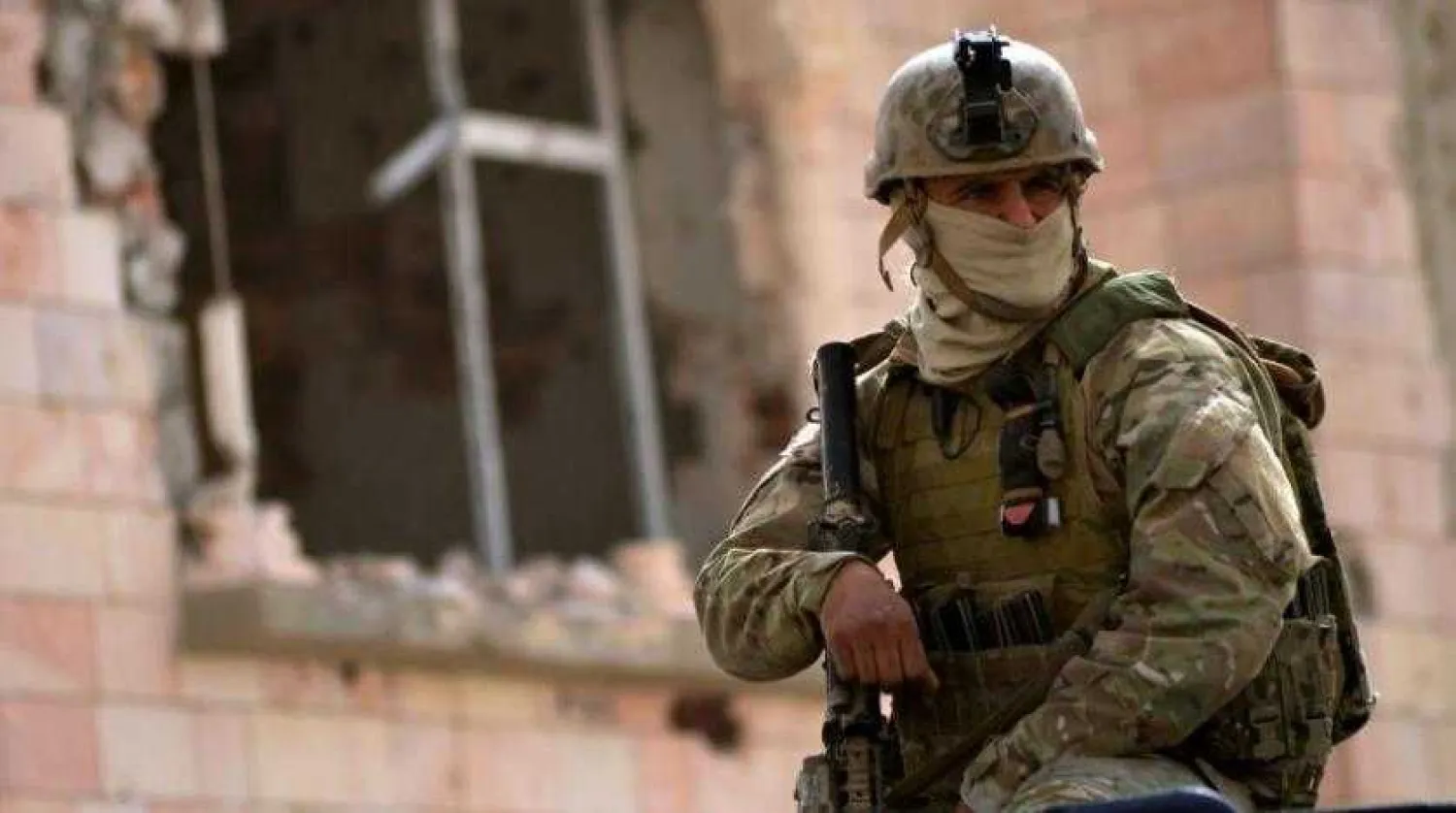The Tunisian army and security forces have gone on high alert following intelligence reports of terrorist plots in five of the country’s provinces.
The threat level in the five provinces was upped after Uqba ibn Nafi terrorist group issued a statement, following the killing of its key leade Aymen Jendoubi, threatening attacks in Tunisia.
The army and security bodies increased deployment in the provinces of Jendouba, El Kef, Sidi Bou Said, Kasserine, and Gafsa, the scenes of armed clashes between government forces and extremists.
The Tunisian authorities also intensified the surveillance of members of the Uqba ibn Nafi battalion, which is affiliated with al-Qaeda or Jond al Khilafa that has pledged allegiance to ISIS.
Uqba ibn Nafi battalion slammed the Tunisian government after the prime minister announced victory over extremist groups. It also slammed Tunisian media personnel who commended the success of the Tunisian military and security institutions in eradicating key terrorists in the past years.
The battalion threatened to conduct operations as retaliation for its losses in the western mountains of the country. The warning was taken seriously by the army and the security agencies.
As many as 800 terrorist members have returned to Tunisia, and the vast majority of them are incarcerated around the country, revealed the Ministry of Interior. Around 3,000 Tunisians flew to the battlefields of Iraq, Libya, and Syria to join ISIS and al-Qaeda, revealed security sources.









